Physics
Sign up for our newsletter
We summarize the week's scientific breakthroughs every Thursday.
-
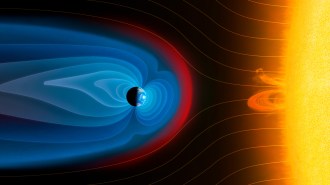 Physics
PhysicsPhysicists caught protons ‘surfing’ on shock waves
A laser experiment could help scientists understand how protons reach high energies traveling through the cosmos.
-
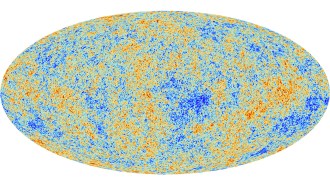 Cosmology
Cosmology‘Flashes of Creation’ recounts the Big Bang theory’s origin story
In ‘Flashes of Creation,’ author Paul Halpern tells the story of George Gamow , Fred Hoyle and their decades-long sparring match about the Big Bang.
-
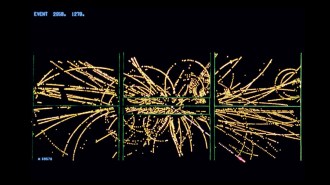 Physics
Physics50 years ago, physicists thought they found the W boson. They hadn’t
Fifty years after a false-alarm discovery, physicists have caught the W boson and are using it to unravel mysteries of particle physics.
-
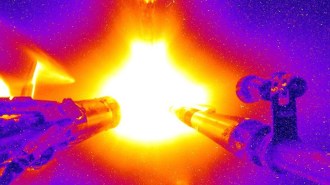 Physics
PhysicsWith a powerful laser blast, scientists near a nuclear fusion milestone
A National Ignition Facility experiment spawned nuclear fusion reactions that released nearly as much energy as was used to ignite them.
-
 Physics
PhysicsWindbreaks, surprisingly, could help wind farms boost power output
Wind farm performance could be improved by 10 percent by using low barriers to increase the wind speed directed at the turbines, simulations suggest.
-
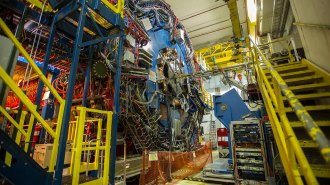 Physics
PhysicsColliding photons were spotted making matter. But are the photons ‘real’?
Smashups of particles of light creating electrons and positrons could demonstrate the physics of Einstein’s equation E=mc2.
-
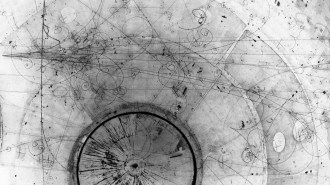 Particle Physics
Particle PhysicsHow particle detectors capture matter’s hidden, beautiful reality
Old and new detectors trace the whirling paths of subatomic particles.
-
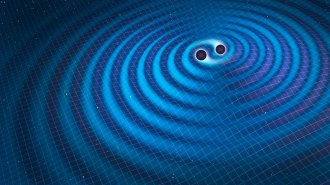 Physics
PhysicsA bounty of potential gravitational wave events hints at exciting possibilities
Of about 1,200 possible events, most are probably false alarms, but some could be ripples in spacetime that are especially hard to spot.
-
 Physics
PhysicsBlack holes born with magnetic fields quickly shed them
New computer simulations show one way that black holes might discard their magnetic fields.
-
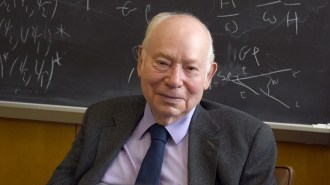 Physics
PhysicsWith Steven Weinberg’s death, physics loses a titan
The Nobel laureate advanced the theory of particles and forces, and wrote insightfully for a wider public.
-
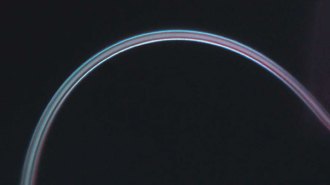 Materials Science
Materials ScienceThese weird, thin ice crystals are springy and bendy
Specially grown fibers of frozen water bend into curves and spring back when released.
-
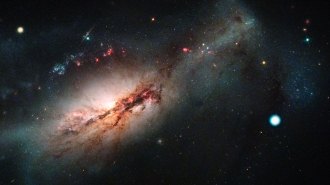 Astronomy
AstronomyScientists spotted an electron-capture supernova for the first time
A flare that appeared in the sky in 2018 was an electron-capture supernova, a blast that can occur in stars too small to go off the usual way.